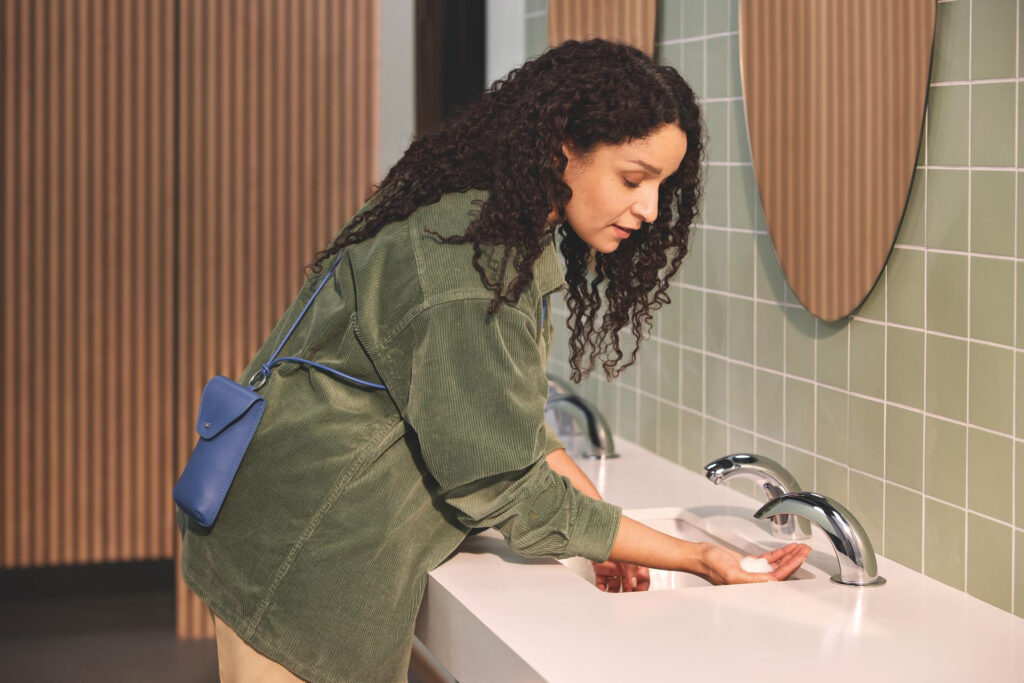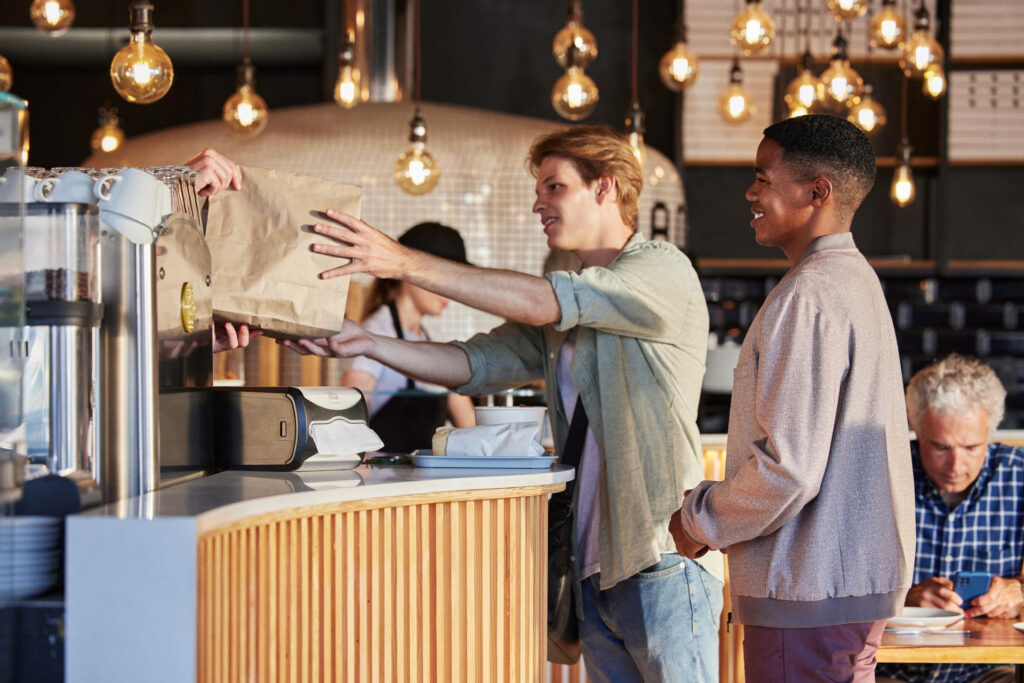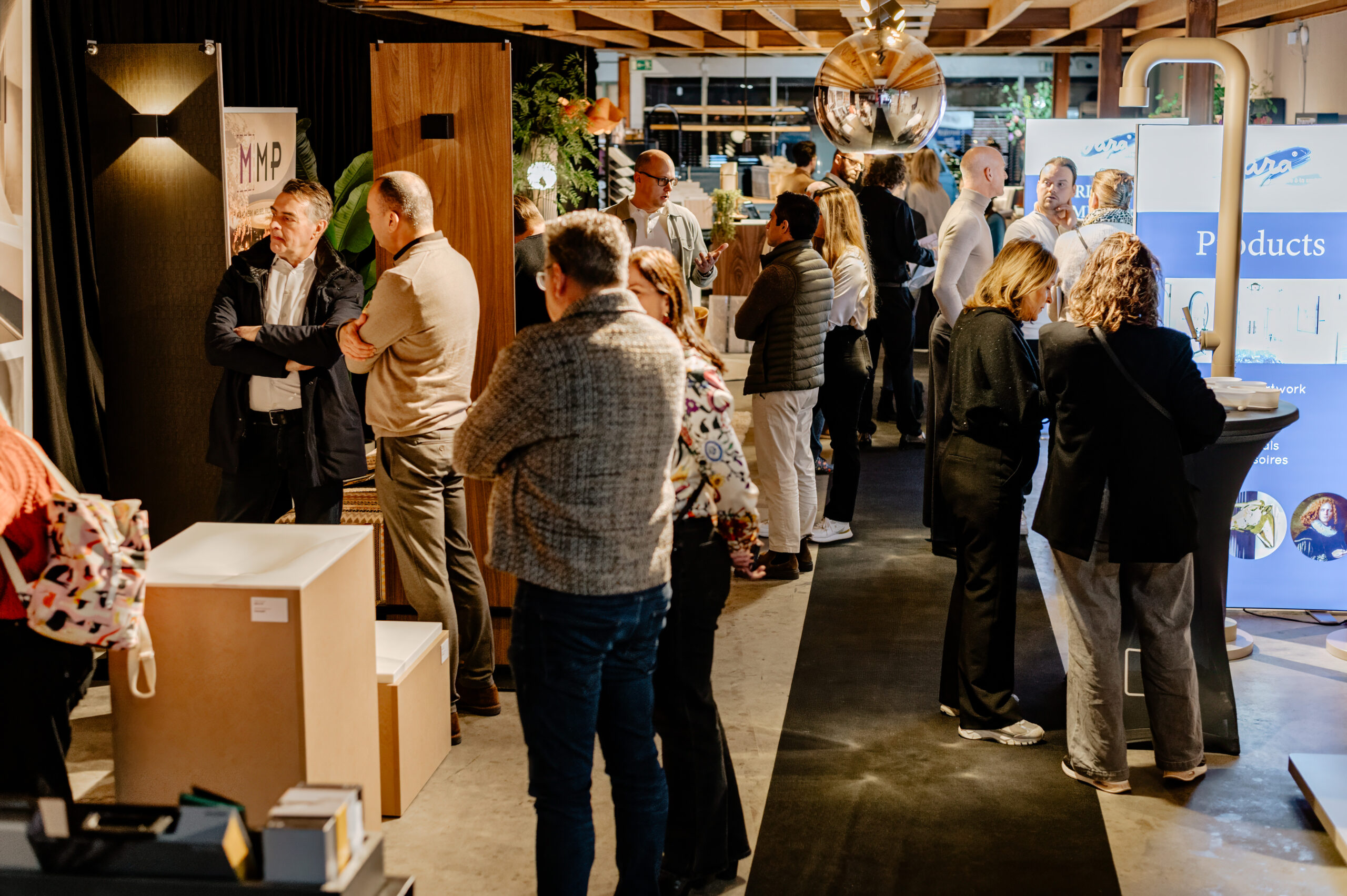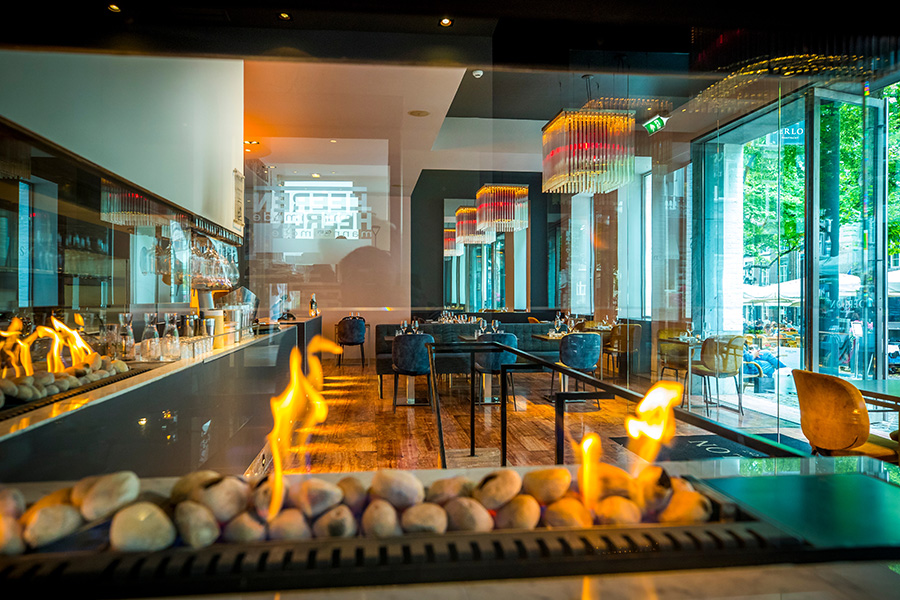
New research from Tork: Guests avoid restaurants with poor toilet hygiene
A global survey by Tork, an Essity brand and the global leader in professional hygiene, shows that a toilet experience is crucial for guests. Nearly 50% of respondents remember public locations, including businesses, where they had a negative toilet experience. To avoid them in the future. This percentage rises to 73% for restaurant or café visitors who say their decision to return is influenced by a poor toilet experience.
The washroom as a reflection of overall hygiene
"When consumers eat out - whether for a quick meal or an elaborate dinner - the toilet plays an important role," says Dotti Haynes, HoReCa Marketing Director, Professional Hygiene at Essity. "It is often seen as a reflection of other 'behind the scenes' areas, such as the kitchen, where good hygiene is crucial. Companies should not underestimate the impression created by poorly maintained washrooms - the washroom is much more important than they may think."
For restaurant guests, accessibility, automation and cleanliness in the washroom play a major role in creating a positive and comfortable experience. Important criteria guests mention when it comes to the restroom experience are:
- Paper towels to dry hands (81% considers papers important, compared to 65% who says jet-air dryers are important when drying hands);
- Automatic soap dispensers (78% considers them important);
- Waste bins for incontinence products (74%);
- Automatic taps (73%);
- Automatic toilet flushing systems (72%);
- Signs reminding visitors to wash their hands (68%).

Inclusive hygiene
Tork's survey shows a difference between businesses' perception of hygiene and the actual guest experience. For example, almost all businesses surveyed (92%) say it is important that their washrooms are hygienic. Yet 57% of people think public toilets feel unhygienic. 93% of restaurant managers think it is important to ensure that washrooms meet the needs of as many guests as possible by providing more inclusive hygiene. Yet less than half of the same respondents said they themselves provide key elements of inclusive washroom design, such as soap dispensers and sinks that are accessible to all, mild soap that takes into account skin conditions, waste bins, changing facilities or silent dispensers.
Inclusive hygiene enables companies to provide better toilet experiences for everyone, regardless of their health, physical ability or life stage. Tork works to raise awareness and educate businesses on the importance and implementation of inclusive hygiene solutions for employees and customers. This is of great importance, according to Haynes. "In restaurants, cafes and the hospitality industry, employees and managers have many priorities, with the ultimate goal being a positive experience for a full business".
Haynes mentions that companies should consider the different needs and capabilities of their guests when designing the washroom. "This includes mobility changes that can occur with age or skin sensitivities such as eczema, where the skin can be irritated by harsh soaps. There are also various neurodiverse and cognitive needs; such as being sensitive to loud noises, where it is very unpleasant to use hand dryers. And general hygiene issues also always remain a focus."
Tips for practice
Tork recommends the following practical steps to create more inclusive washroom hygiene for both staff and guests:
- Aim for a quiet environment to avoid sensory overload.
- Install high-capacity dispensers to maximise product availability.
- Ensure that toilets are kept clean at all times.
- Install paper towel, toilet paper and soap dispensers that are easy to use for people with reduced hand strength.
- Use dermatologically tested soap products that are gentle on the skin.
- Install dispensers that control consumption to reduce waste and improve hygiene with metered dispensing per use




